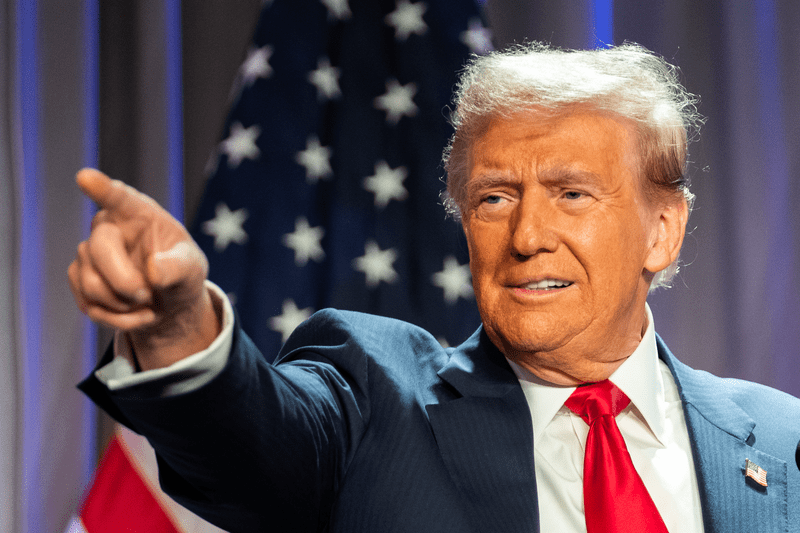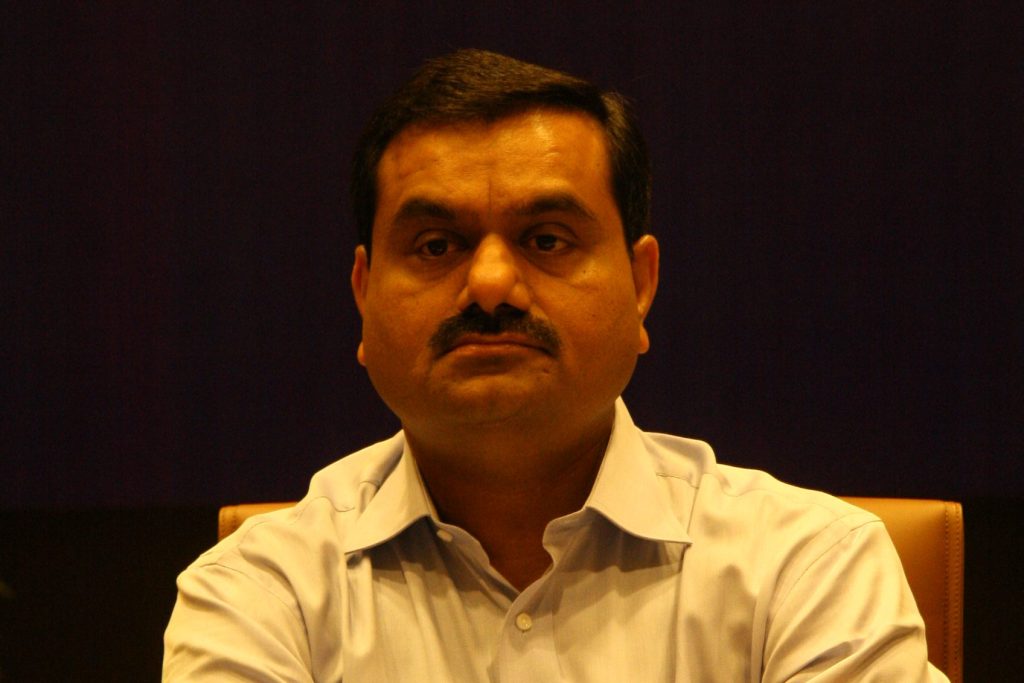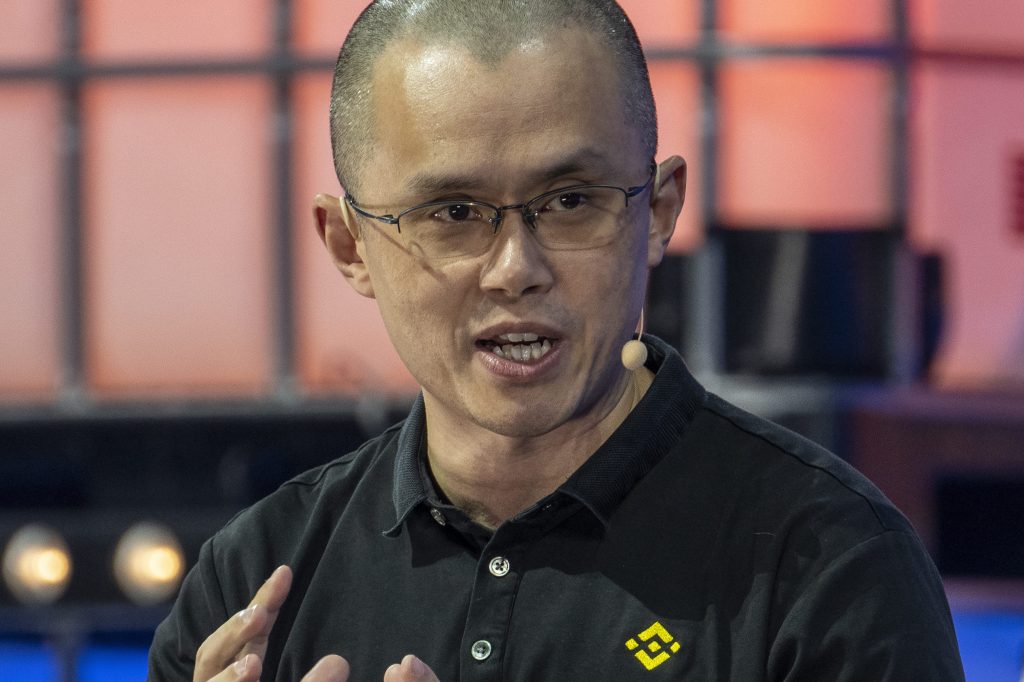The $4.3 billion settlement resolves a years-long probe into the world’s largest crypto exchange, the US Department of Justice (DOJ) announced. Zhao could face 18 months in prison.
The Department of the Treasury’s Office of Foreign Assets Control (OFAC) and its Financial Crimes Enforcement Network (FinCEN) also announced a $9.68m settlement with Binance Holdings, Ltd., resolving its potential civil liability for 1,667,153 apparent violations of multiple sanctions programs.
“Binance made it easy for criminals to move their stolen funds and illicit proceeds on its exchanges,” US Attorney General Merrick Garland said in a press conference on Tuesday. “Binance also did more than just fail to comply with federal law. It pretended to comply.”
The DOJ negotiated the settlement with the Commodity Futures Trading Commission (CFTC) and OFAC, and it is seeking the maximum 18-month prison sentence suggested under federal guidelines.
The penalties meted out include record-breaking civil fines for the Treasury Department, the first monitorship imposed by FinCEN and the first personal liability charge against a chief compliance officer by the CFTC.
Challenge to crypto model
The deal with the DOJ, which will see Zhao personally pay $50m, was described by prosecutors as one of the largest corporate penalties in US history.
The development further challenges the cryptocurrency business model as investigations, enforcement actions and criminal prosecutions of crypto entrepreneurs persist, particularly in the United States.
The DOJ, along with a series of investigative pieces by Reuters, had alleged that Binance knowingly skirted regulations and even encouraged its users to bypass government restrictions on the exchange. The DOJ and OFAC said Binance failed to report more than 100,000 suspicious transactions with organizations the US labels terrorist groups, including Hamas, al Qaeda, the Islamic State of Iraq, and Syria, authorities said.
The exchange also never reported transactions with websites devoted to selling child sexual abuse materials and was one of the largest recipients of ransomware proceeds, they said.
In a February 2019 chat, one compliance employee wrote that they needed a banner that said: Is washing drug money too hard these days? Come to Binance; we got cake for you.
“Binance has agreed to plead guilty to willfully violating the Bank Secrecy Act, knowingly failing to register as a money transmitting business, and willfully violating the International Emergency Economic Powers Act,” Garland said.
Garland detailed the extent to which Binance employees, including compliance personnel, understood the illegality of their actions, .
“Binance employees knew and discussed that the company was serving thousands of users in sanctioned countries. And they knew that facilitating transactions between US users and users in sanctioned countries would be in violation of US law. But they did it anyway. Binance enabled nearly $900m in transactions between US and Iranian users. And it facilitated millions of dollars in transactions between US users and users in Syria and in the Russian-occupied Ukrainian regions of Crimea, Donetsk, and Luhansk,” Garland said.
Binance’s compliance personnel knew the company’s anti-money-laundering procedures were inadequate and would attract criminals to the platform, Garland added. “In a February 2019 chat, one compliance employee wrote that they needed a banner that said: ‘Is washing drug money too hard these days? Come to Binance; we got cake for you.’”
Compliance considerations
Along with fines, the DOJ is imposing a monitorship as well as reporting requirements on Binance as part of its resolution with the firm.
Moving forward, Binance must file the suspicious activity reports that were required by law, and it must review past transactions and report suspicious activity to federal authorities. “This will advance our criminal investigations into malicious cyber activity and terrorism fundraising, including the use of cryptocurrency exchanges to support groups such as Hamas,” Garland said.
The OFAC Enforcement Release includes a Compliance Considerations section that is worthy of a read by any digital currency business seeking to implement sound compliance practices.
OFAC says right from the start, a virtual currency business must make a commitment to compliance that is backed by resources adequate to address a company’s risks.
“The message here should be clear: Using new technology to break the law does not make you a disruptor. It makes you a criminal.”
Merrick Garland, US Attorney General
“Compliance personnel must be empowered and receive the backing and authority necessary to effectively fulfill their function, and a culture of compliance, where senior management is invested in and supports an organization’s program and allows it to operate effectively and without undue interference, is essential to avoid committing violations of OFAC sanctions,” it says.
OFAC reminds companies that they are responsible for the operation and consequences of the technologies they employ and will be held accountable where use of technology results in violations.
Quoted
New leadership: “Today, I stepped down as CEO of Binance,” Zhao said on X (formerly called Twitter) after the settlement was announced. “Admittedly, it was not easy to let go emotionally. But I know it is the right thing to do. I made mistakes, and I must take responsibility. This is best for our community, for Binance, and for myself.” Zhao said in his post that Richard Teng, a longtime Binance executive, will take over at Binance.
Crypto will shake it off: Although bitcoin and ether took a decent dip in trading following the announcements on Tuesday, Jeff Embry, managing partner at crypto hedge fund Globe 3 Capital, said the reported Binance settlement is an important piece of “the fallout and clean-up of the bear market”.
But, again, Garland sticks the landing with another good quote from the press briefing.
You’re not cool: “In just the past month, the Justice Department has successfully prosecuted the CEOs of two of the world’s largest cryptocurrency exchanges in two separate criminal cases. The message here should be clear: Using new technology to break the law does not make you a disruptor. It makes you a criminal.”













